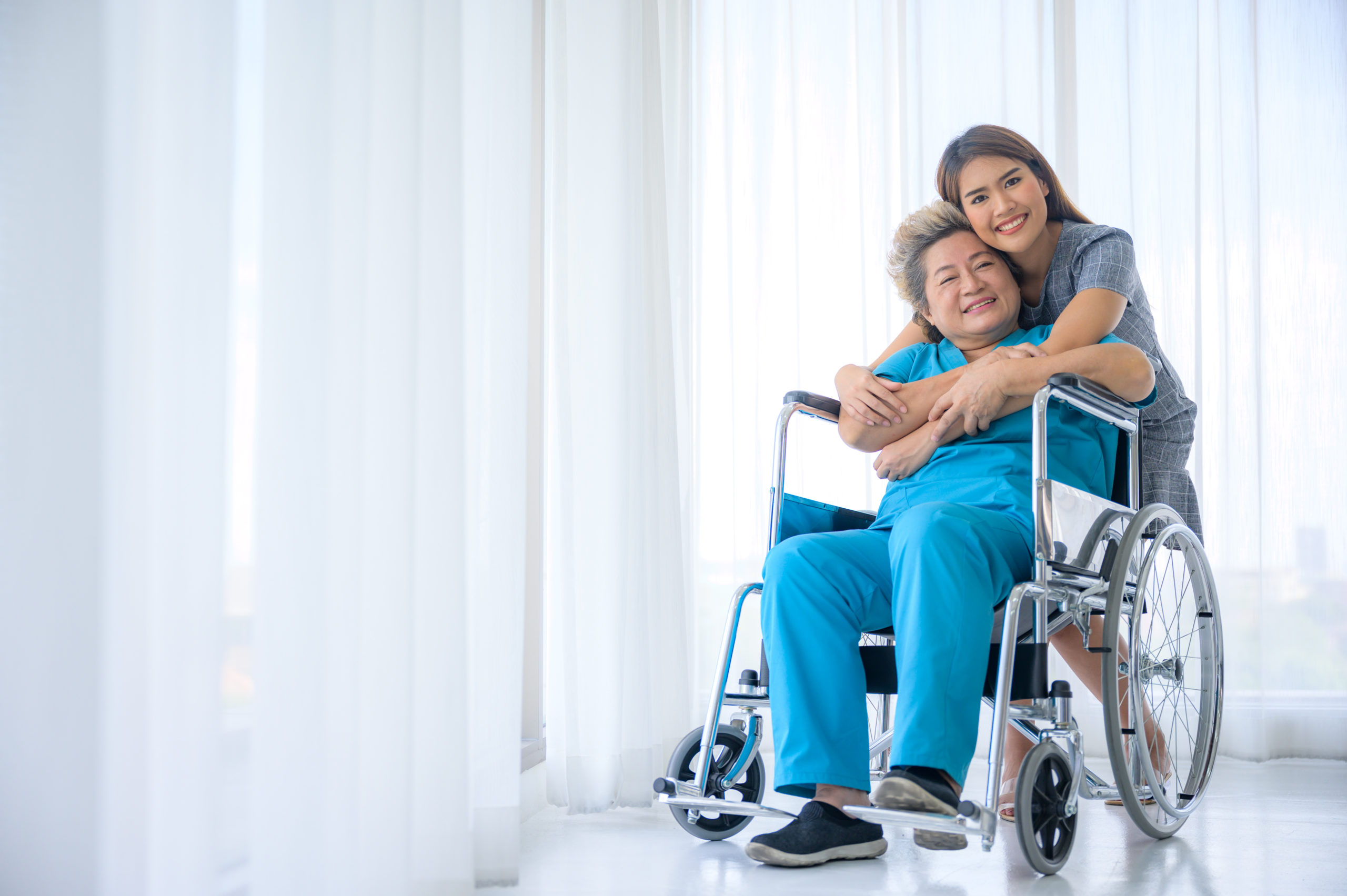The most obvious signs of aging are external, such as wrinkles and grey hair. However, age affects the body internally as well, and many elderly adults notice changes there as well. The digestive system is one area that is greatly impacted with age because it slows down and decreases in efficiency.
Elderly adults that have digestive issues often suffer from heartburn, indigestion, abdominal tenderness, constipation, diarrhea and food sensitivities. Family caregivers can focus on helping their elderly loved one instill good habits and improve digestion.

How Age Affects Digestion
A healthy digestive system takes in food, prepares it for digestion, sends it through various organs that absorb its nutrients and then it is eliminated as waste. With age, the digestive tract doesn’t work as well as it used to. Poor dental health can make it hard for elders to chew and swallow properly, and lowered saliva production also limits food preparation for digestion. The muscles that work the system don’t move food through as quickly, leading to problems.
Seniors often produce less digestive juices so it takes longer to digest. Digestive enzymes, such as lactase, also decrease, making elderly adults more sensitive to certain foods. The imbalance of good and bad bacteria in the gut can also be influenced by age. Finally, issues with the intestines, colon, liver and kidneys increase with age and directly influence digestion.
How to Help Elderly Relatives Improve Digestion
There are lots of things that elders can do to improve digestion, but they cannot do them alone. Each senior that receives assistance from family members or an elder care organization needs help in implementing some healthy habits. Once these healthy habits become a part of their daily life, they should start feeling the positive effects of a well-functioning digestive system.
Here are a few healthy habits that family caregivers and elder care aides can implement:
- Focus on dental health so that the elderly person can chew and swallow properly.
- Sip water with every meal to soften food and help it move through quickly.
- Stay hydrated throughout the day, preferably with water.
- Reduce stress at mealtime, to promote the production of stomach acid.
- Eat fruits and vegetables to provide fiber in the system.
- Reduce or eliminate heavily processed food, fatty food, sugar and fried food.
- Take probiotics to help balance gut bacteria levels.
- Have smaller meals more frequently throughout the day.
- Check for late-onset food allergies.
- Focus on getting regular activity and exercise.
- Maintain a healthy weight as obesity can trigger numerous digestive issues.
- Examine medicines for any with side effects that might affect digestion.
Of course, if family caregivers and elder care aides notice any severe digestive issues, they should get the elderly adult to a doctor. This might include severe pain, rectal bleeding, chronic diarrhea or vomiting.
Good digestive health is just a matter of taking the time to adopt good habits. With the support of family members and other caregivers, elderly adults can minimize any discomfort they might feel with digestive problems.
Source: https://www.webmd.com/digestive-disorders/features/digestive-health-aging#1











